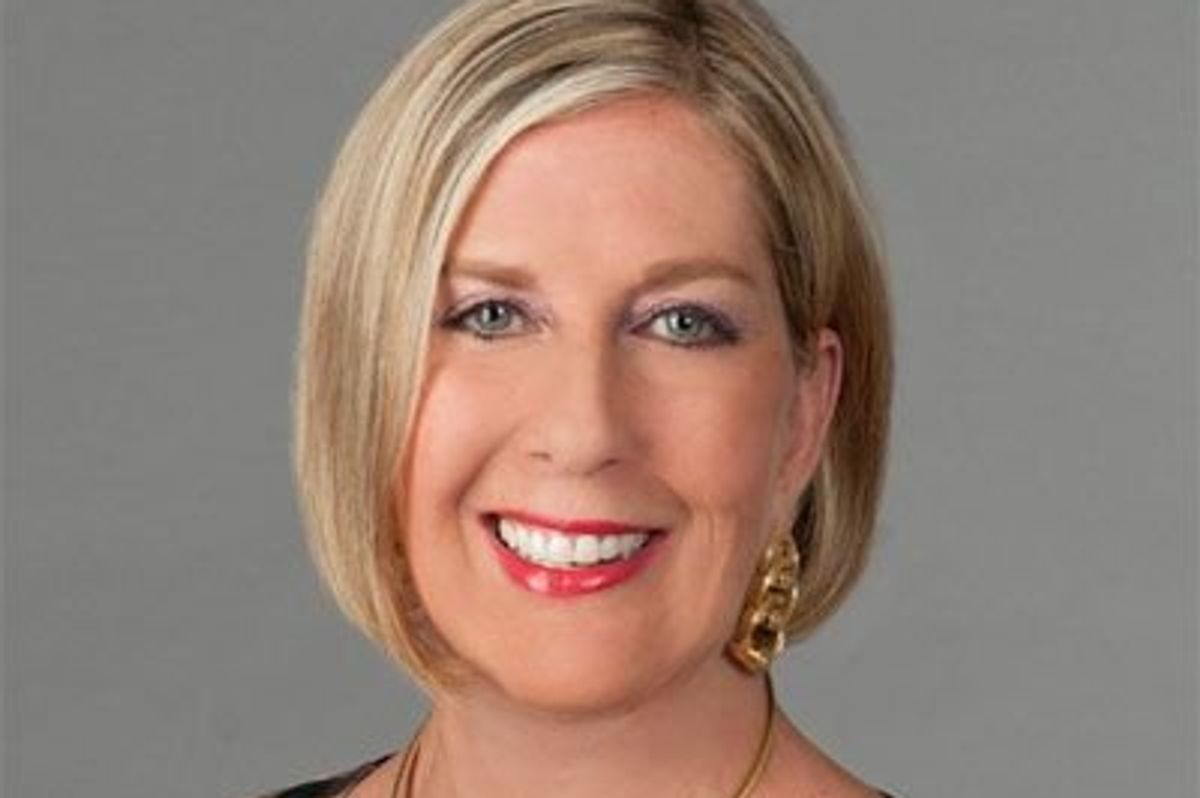By Lynn Garson
I have recently completed my personal journey from silver spoon to straitjacket and back. I come from a wealthy and privileged background, growing up in a house that looked more like Tara than Tara itself, with servants who came with the property. None of this insulated me from bouts of depression and anxiety.
My struggles began in 1960, when I was seven years old, but were manageable for most of my life. After a painful divorce in 2005, they became unmanageable. I went into a nosedive, culminating in two visits to psychiatric hospitals as both an inpatient and an outpatient.
As part of my lifelong struggles, I was the willing recipient of any number of psychiatric drugs over a 30-year period. In the time immediately preceding my first inpatient experience in 2008, the frequency and amount of these medications were ratcheted up to an alarming extent by my concerned physicians.
I consider myself lucky that I retain a reasonably good memory and the ability to write a complete sentence. I chalk my good fortune up to my peasant forebears, who clearly provided me with resilient genetic material.
When the dust cleared after completing my second hospitalization in 2010 and I was more or less back to myself, I began to question the reliance of the medical community on drugs. In my case, during the first 25 years of treatment, the usual suspects were prescribed and combined and titrated up and then down to attempt to address my issues of depression and anxiety, to little or no effect. Finally, I was labeled as "medication resistant."
For several years after that, I sought the care of more than one psychopharmacologist specializing in medication for the treatment resistant. Nothing helped for long. Some of the drugs hurt.
One day it occurred to me that while I might have been clinically depressed at one time in my life, maybe that was no longer the case. Maybe I needed to take a deep breath and see if the translation for "medication resistant" was "no diagnosable illness." The logic is pretty simple--if I had a chemical imbalance that was anywhere along the spectrum of depression, there was a really good chance that one or more of the plethora of drugs I had tried would have made me feel at least a tiny bit better. Maybe not address the manic/anxiety side of things, but no improvement in symptoms of depression? How likely is that? To put it in really plain terms, if the pills didn't work, maybe I wasn't sick.
So, why would the doctors keep giving me pills? Two answers, one nice, one not so nice. Most doctors will not readily tell you that your suffering does not have a physical origin, because they are not in the business of watching you suffer only to stand by, unable to help you. My more cynical side says that they are also not in the business of not making money.
The question remained: If I did not have a diagnosable illness, why did I feel so bad? The answer is that I was so brainwashed by the medical community that I consistently overlooked the other possible explanations for bad feelings. "Scared," "impotent," "desperate" and "hopeless" are words found in every English dictionary. They are separate words from "depression" for a reason. They stem from different places than depression, and they are assuaged by different methods.
For me, those methods include patience, talk therapy, exercise, watching out for my stressors and seeking the things that soothe me. For others, they will include other approaches.
There was a piece on antipsychotic drugs in The New York Times on September 25, 2012, that seemed to support my position. The physician author, Dr. Richard Friedman, posits that certain "second generation" antipsychotic drugs such as Seroquel, Abilify, Geodon, Zyprexa and Risperdal are overly prescribed for off-label uses such as social anxiety and depression. I have had experience with four of these drugs, so I know what he is talking about. Each one alone was like being hit in the head with a poleax, and there were times when I was on the drugs in combination.
My reaction to most of the article was "so far, so good; here's at least one member of the medical community willing to face down Big Pharma." Then I came to the last sentence: "But patients should think twice—and then some—before using these drugs to deal with the low-grade unhappiness, anxiety and insomnia that comes with modern life."
"Think twice and then some?" That notion is laughable if you really think about it. How about: "Why does anyone think it is necessary or beneficial to use a drug of any type, much less a powerful antipsychotic, to medicate normal human emotions?"
In my experience, we have gotten to a point that drugs are the court of first resort. Labels are applied freely. The words "I am depressed" are used as casually as "I have the flu." I have been depressed. I have had the flu. They are not to be compared. Labels are also not to be accepted without question.
For everyone, I think that the final thought expressed by Dr. Friedman in The New York Times bears repeating, rephrased slightly. For many of us, low-grade unhappiness, anxiety and insomnia comes with life, like calluses and hangnails. Nobody needs a pill for it.
Lynn Garson, a lawyer at a prestigious Atlanta law firm, has lived a varied life. From her Tara-esque childhood and struggles with eating disorders and depression to her successful careers as a luxury retailer and lawyer, her divorce and her experiences as a single mother, she shares each of these experiences with unflinching honesty and humor in her new memoir, Southern Vapors. Garson graduated from Tulane University with a degree in art history and holds a law degree from Emory University School of Law. She has lived in Paris, New York and Hong Kong and currently resides in Atlanta. For more information, please visit www.southernvapors.com.







